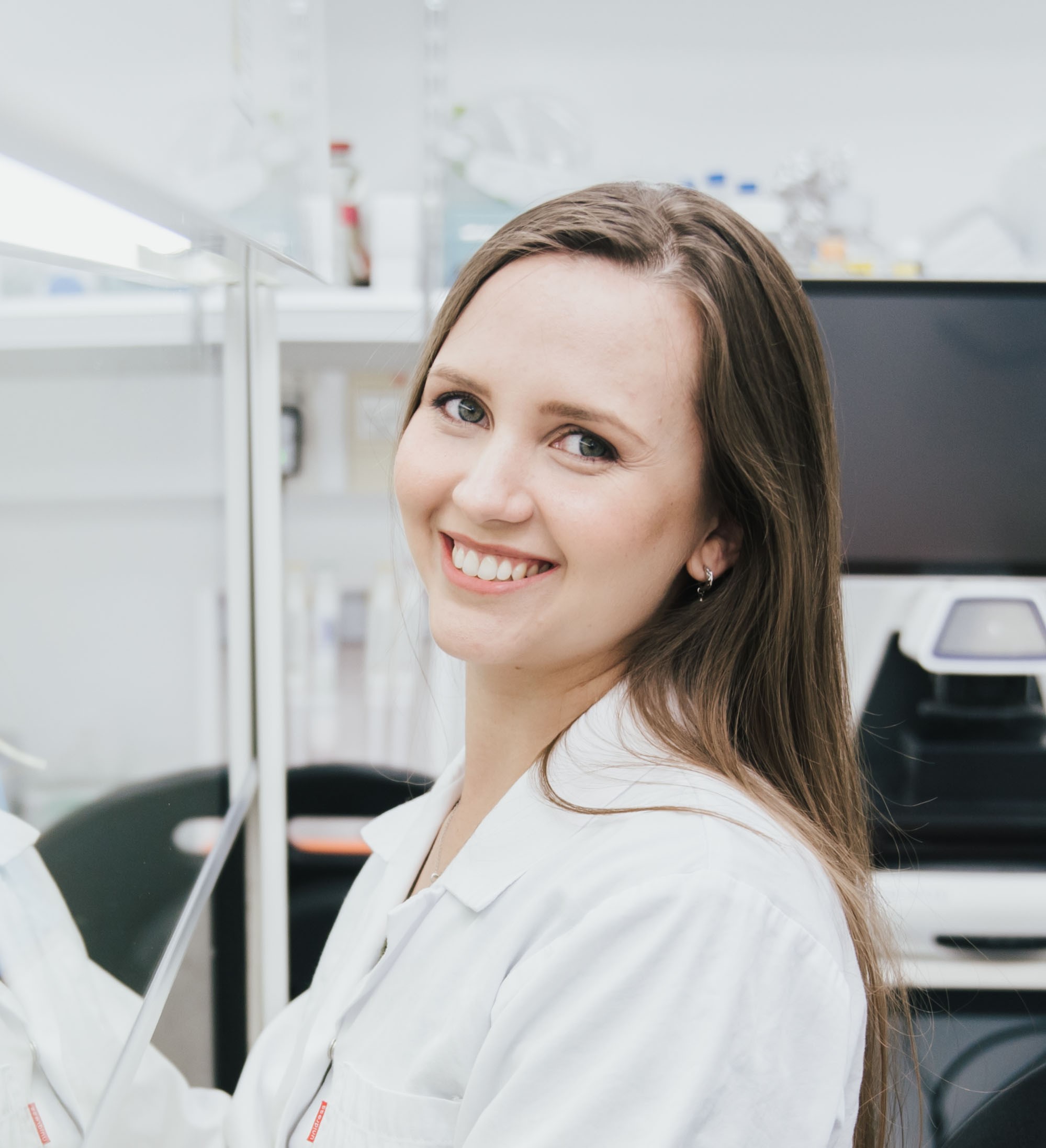Sofia Sizikov
M.Sc., Marine Biology Department

“This year, I returned to the School of Marine Sciences, to the Department of Marine Biology, and began my PhD studies.
My master’s studies at the School of Marine Sciences had a profound impact on my perspective regarding the importance of the marine environment. I came to understand its complexity, the diverse processes occurring within it, its immense potential, and how significantly it is influenced by human activity.
After completing my master’s degree in the Department of Marine Biology, I was accepted for a position at a startup company called Peel Therapeutics, where I worked for five years in research and development. The company focuses on developing anti-inflammatory and anti-cancer drugs.
Although my role was in biotechnology rather than marine research, my studies in the Department of Marine Biology played a crucial role in helping me secure the position. Many of the methodologies I learned during my studies were also relevant to the field of biotechnology. Additionally, the laboratory work principles and documentation habits I acquired were essential for the role.
Furthermore, I was exposed to various research topics from different laboratories, met researchers from Israel and abroad, and had the opportunity to participate in an international conference, gaining valuable insight into the global scientific community. The people I met during my master’s studies helped me in finding a job, offering guidance, advice, and connections with key industry professionals.
My experience at the School of Marine Sciences was extremely positive. The academic and administrative staff were always considerate and provided a personal touch. During my studies here, I gained extensive knowledge about how research is conducted, both in Israel and internationally. I had the opportunity to meet researchers from other universities and participate in conferences both locally and abroad. This experience is also the reason I chose to return here for my PhD studies.”
Photo credit: Einav Kopolovitz



